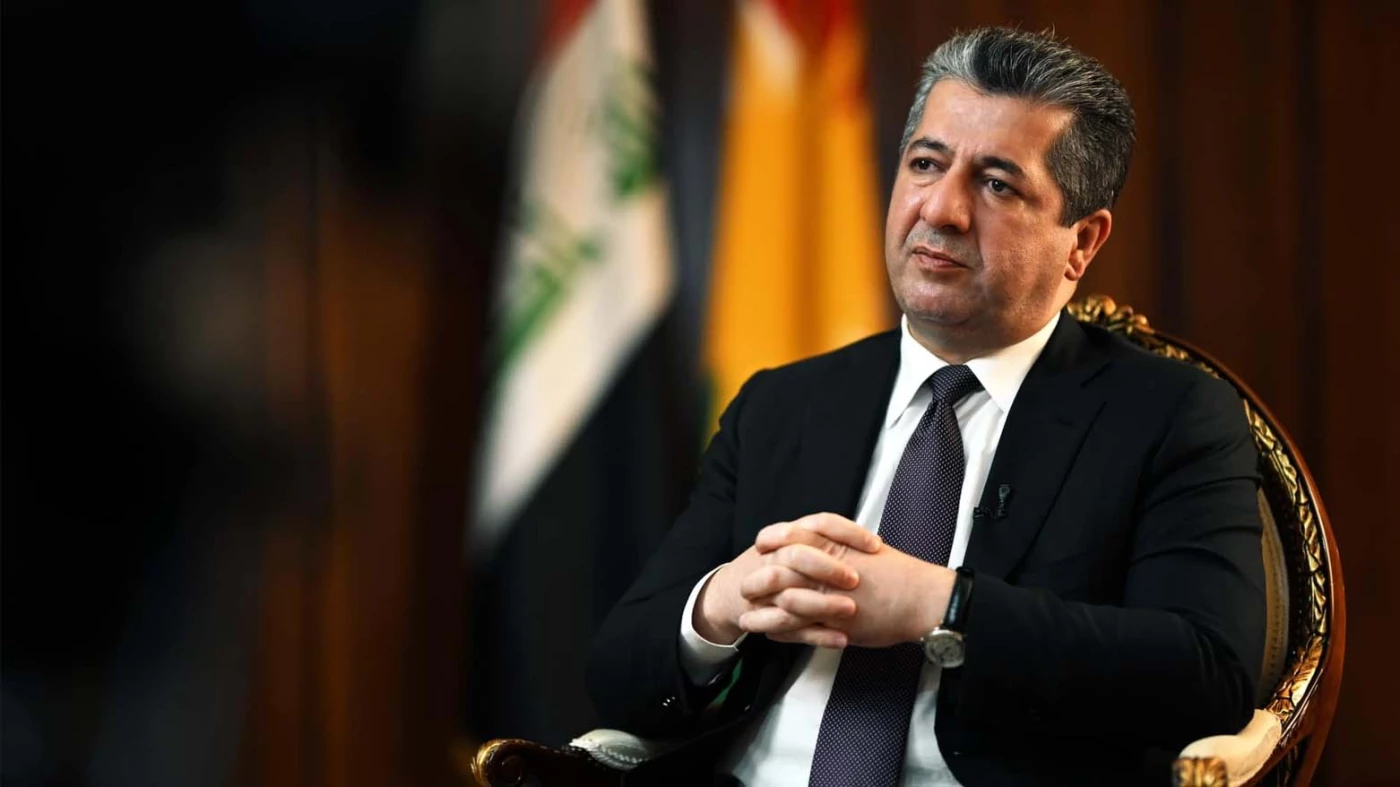ERBIL, Kurdistan Region of Iraq – Kurdistan Region Prime Minister Masrour Barzani on Saturday thanked the international community for supporting Kurdish "national prosperity" on the anniversary of the United Nations Security Council (UNSC) Resolution 688 issued in 1991, which endeavored to safeguard the Kurds in Iraq from the oppression of the Baath regime.
The premier took to X on Saturday, thanking "the friends who helped us and continue to support our national prosperity," adding that "thirty-four years on, the Kurdistan Region stands as a sanctuary of coexistence."
The UNSC resolution condemned "the repression of the Iraqi civilian population in many parts of Iraq, including most recently in the Kurdish populated area," while demanding that Iraq "immediately end this repression" and expressing the hope that "an open dialogue will take place to ensure that the human and political rights of all Iraqi citizens are respected."
The resolution demanded that Iraq, at the time under the rule of Saddam Hussein, allowed international humanitarian organizations to access denied areas where Kurds bore the brunt of the Baath regime's repression.
Resolution 688 would also provide a legal basis used to justify the no-fly zones over Iraq imposed by the United States and its allies in the same year, with their enforcement serving to protect Kurds in the north from attacks by the Iraqi government.
The Kurdish population was subjected to various forms of oppression under the iron-fisted rule of the Baath regime, with two salient episodes being the notorious Anfal campaign and the Halabja chemical attack.
Anfal, the eighth chapter of the Islamic Holy book of Quran, was used as code name for the campaign, which directly translates to 'spoils of war', was an eight-year-long campaign that saw the massacre of over 182,000 Kurds from various cities in northeastern Iraq.
Separately, in 1988, Halabja was attacked with chemical weapons by Iraqi forces – considered one of the biggest chemical attacks on civilians to date, the bombardment claimed around 5,000 lives and injured thousands more.
In 1991 Kurds arranged a successful uprising in which they were able to expel Baath forces from their territories with the help of the UN-mandated no-fly nzone, hampering Hussein's efforts to carry out aerial attacks on northern Iraq and allowing for the entry of humanitarian aid.
Prime Minister Barzani urged the international community to "continue protecting the Kurdish people and advocating for their rights."



 Facebook
Facebook
 LinkedIn
LinkedIn
 Telegram
Telegram
 X
X


